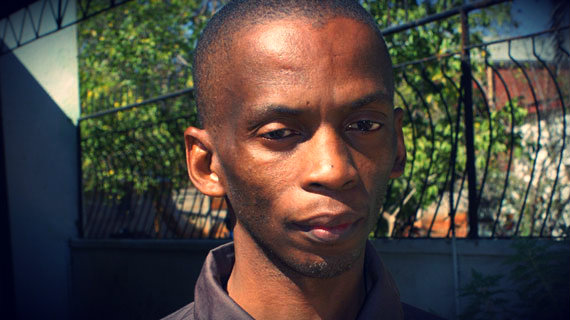
I WOULD like to thank those who responded to my last article on rethinking the revival of Bulawayo.
This week I would like to focus on a few areas which I think will be critical in the revival of Bulawayo. It would be essential to identify five or six drivers of economic growth and try and work around these to unlock the growth of Bulawayo.
I would like to suggest that these should include, but not necessarily be limited to :
- Infrasructural development,
- Development of energy sector including alternative environmentally friendly energy sources,
- Water and sewage reticulation,
- Transport,
- Information communication technology,
- Warehousing and service industries,
- Infrastructural development,
According to the McKinley Report on How to make cities great, infrastructural development is one of the pillars of the growth of modern cities. The construction sector could be a trigger in catalysing growth of a city such as Bulawayo because it would also spur growth in downstream and upstream industries and services.
Rehabilitation of the city’s road and rail network would be absolutely essential because this is connected to the city’s unique geographical position in Southern Africa.
The much-talked about private public partnerships are one avenue of unlocking funds for capital projects such as road rehabilitation. Private public partnerships could take the form of three or four models namely:
- Where a company builds infrastructure operates it for some time recovering costs by charging for the use of the facilities and then transfers the piece of infrastructure after a period of time to either central or local government. Other models are linked to the extraction of minerals as is the case with many Chinese infrastructure for resources deals. These though are largely undesirable.
- BOOT (Build Own operate transfer) This is a model where the company builds owns operates and then after a period of time say maybe fifty years transfers the infrastructure to the community.
- BOO (Build own operate) These models are unpopular with many people because they result in the commercialisation of public infrastructure, but the dilemma we have is do we finance our infrastructural development? The New Partnership for Africa’s Development document (2001) sought to eradicate poverty in Africa, but also focusing on private public partnerships.It is thus interesting that Parliament is due to pass a bill on private public partnerships and local members of parliament should make meaningful input into this Bill as it could be an avenue of unlocking economic growth for Bulawayo and the country.
- Energy It is essential for the city to finest an alternative energy source possibly solar energy which is in abundance in this part of the country.The resuscitation of the Bulawayo thermal Station should be expedited as well. We have been made to believe that the Botswana government had been keen on investing tin this venture, but it appears the investment did not have the desired impact. Nonetheless the interest from the Tswanas is real.
- Innovations The city should utilise the existence of the National University of Science and Technology (Nust) as a spring board for a sound scientific and technological base for the city. Nust should not just be seen as an institution that just enrols people from the region but a strategic asset that contributes to industrial growth-based on new innovations.It would be also critical for Bulawayo to explore its potential as a transport, information communication hub. I invite you to share ideas on how we can make Bulawayo great.
Pastor Kenneth Chirimuta had this to say: “We need more such critical analysis and coming up with solutions.” He went on to say that we need to engage ordinary people about thinking outside the box. Mandla Mkhwananzi from the United States quizzed: “What should ordinary citizens do now that there are no jobs anywhere Nkomo? A city without job opportunities is a ghost city.”
Mandla Nkomo from South Africa said: “Well written and thought out article. It will be good to take this debate farther”
- Chamisa under fire over US$120K donation
- Mavhunga puts DeMbare into Chibuku quarterfinals
- Pension funds bet on Cabora Bassa oilfields
- Councils defy govt fire tender directive
Keep Reading
Thembi Dingake said: “part of the solution is for the government to protect critical industries, but this should not give local industries an excuse to mug us.”
Dumisani Nkomo is a political commentator and chief executive officer of Habakkuk Trust. He writes in his personal capacity. www.dumisanionkomo.blogspot.com










